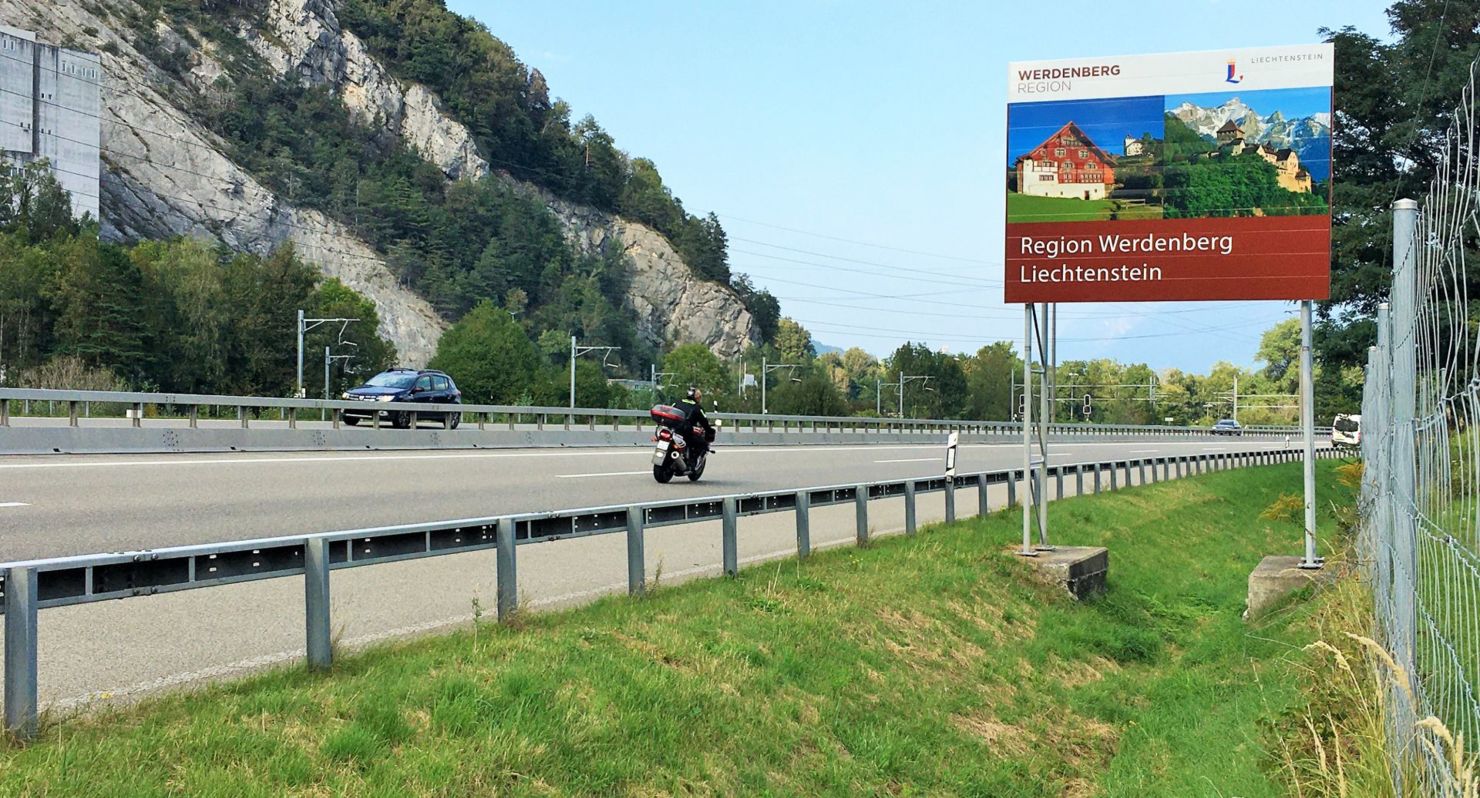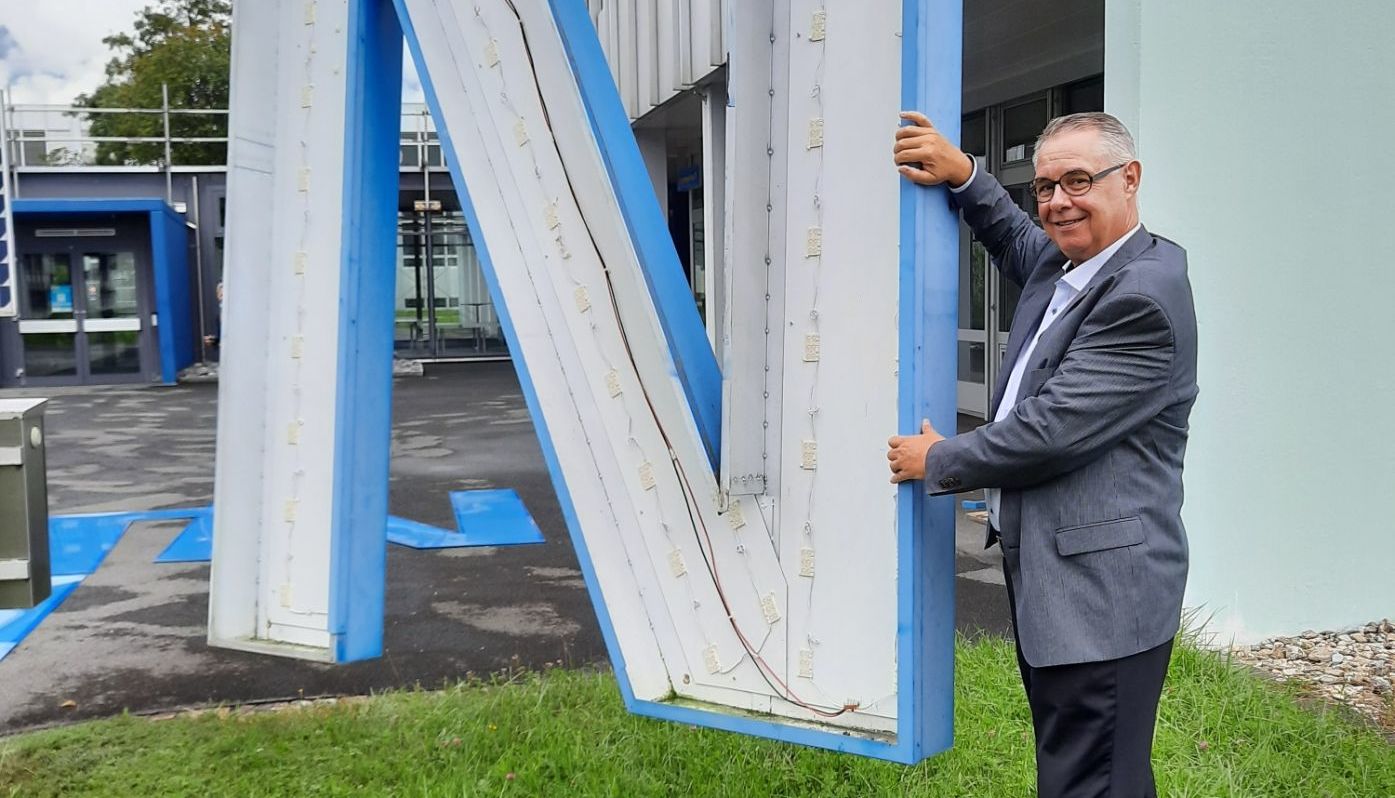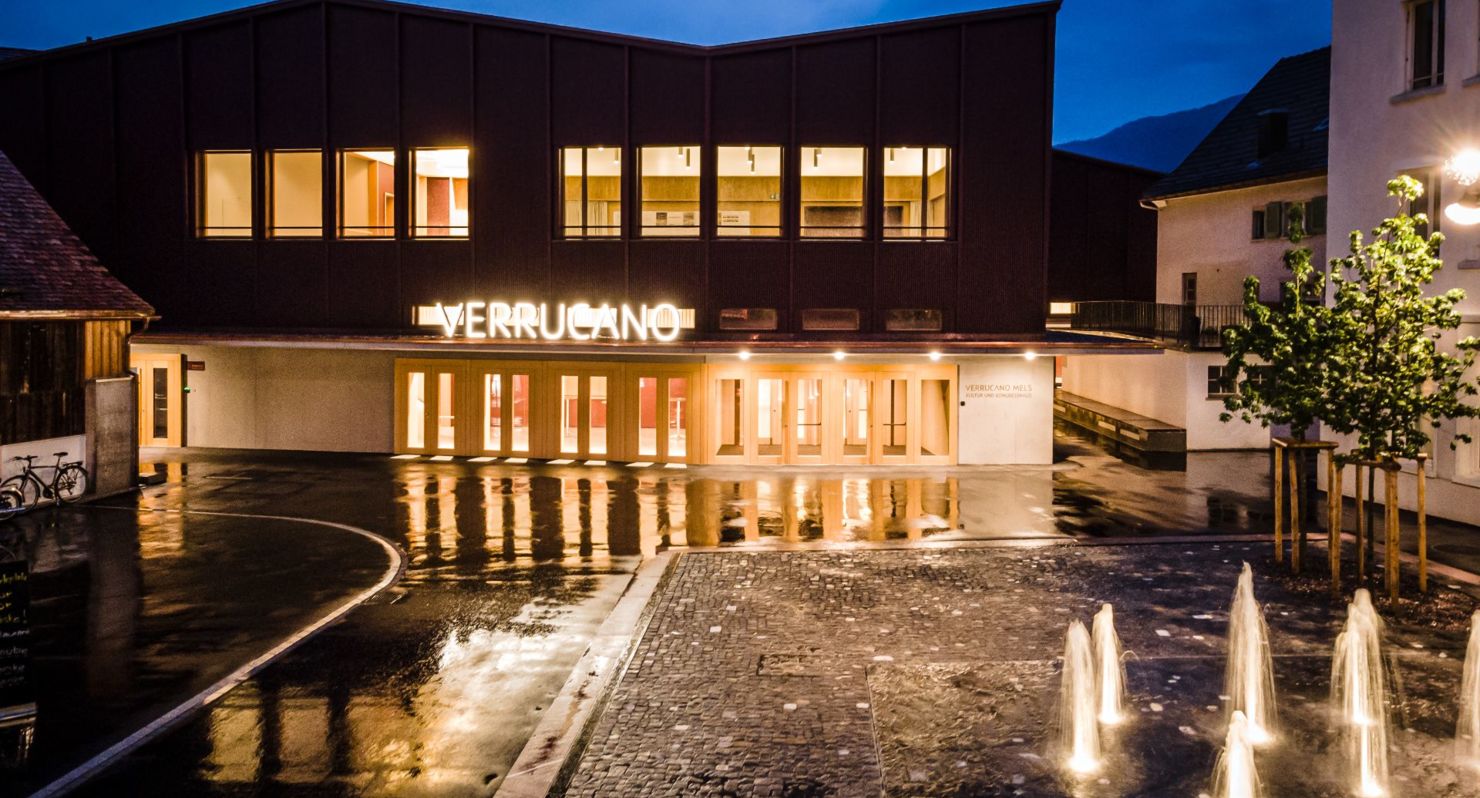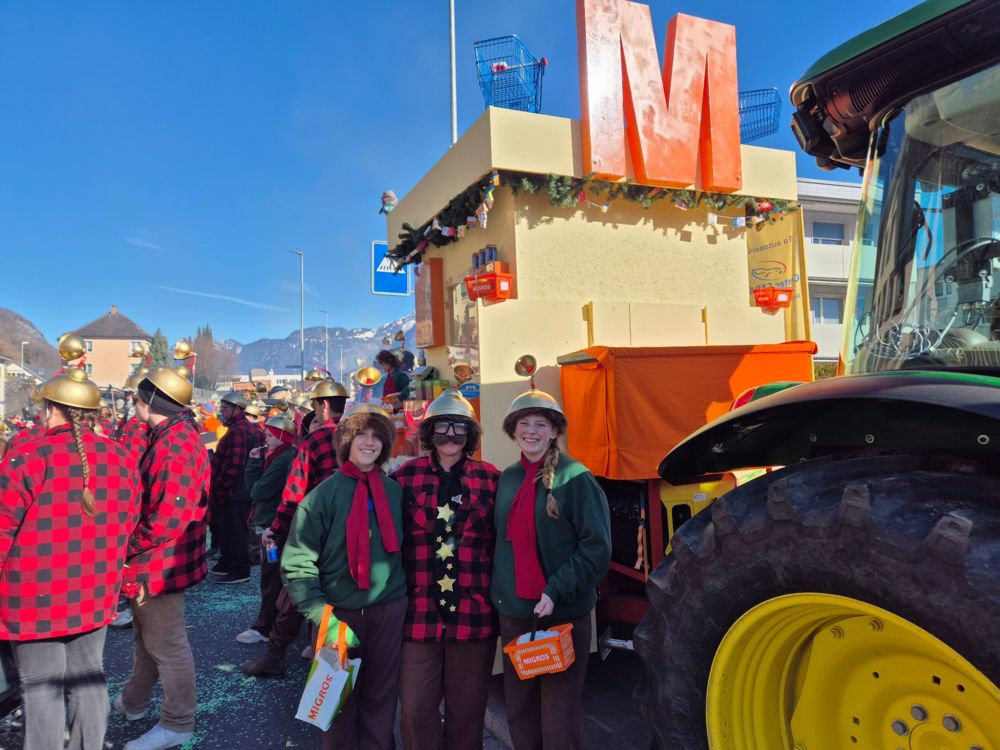
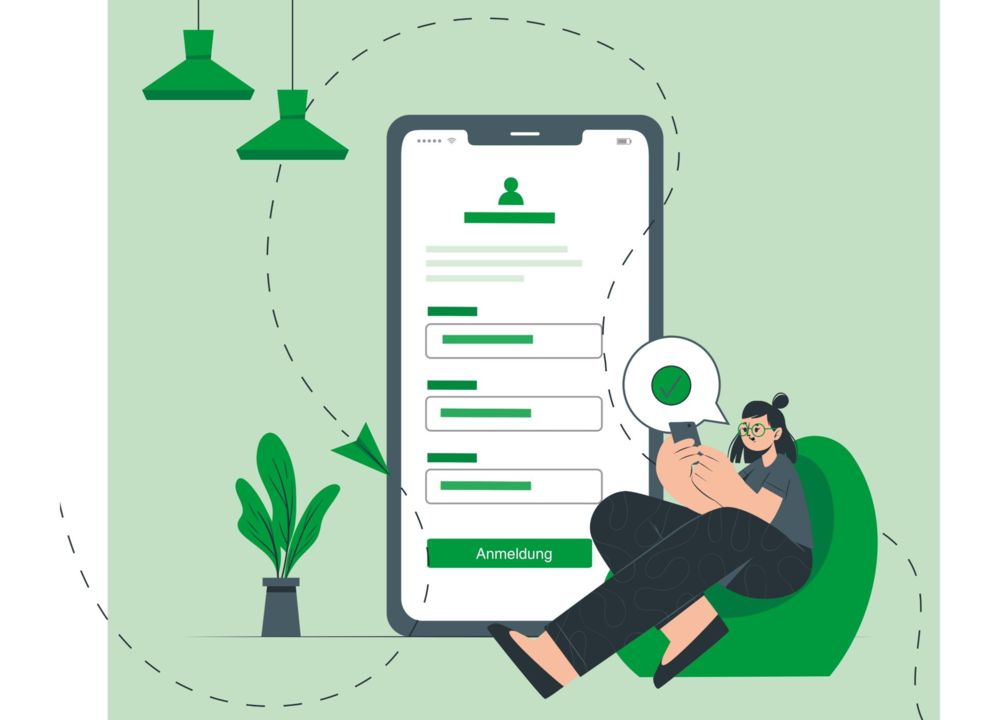
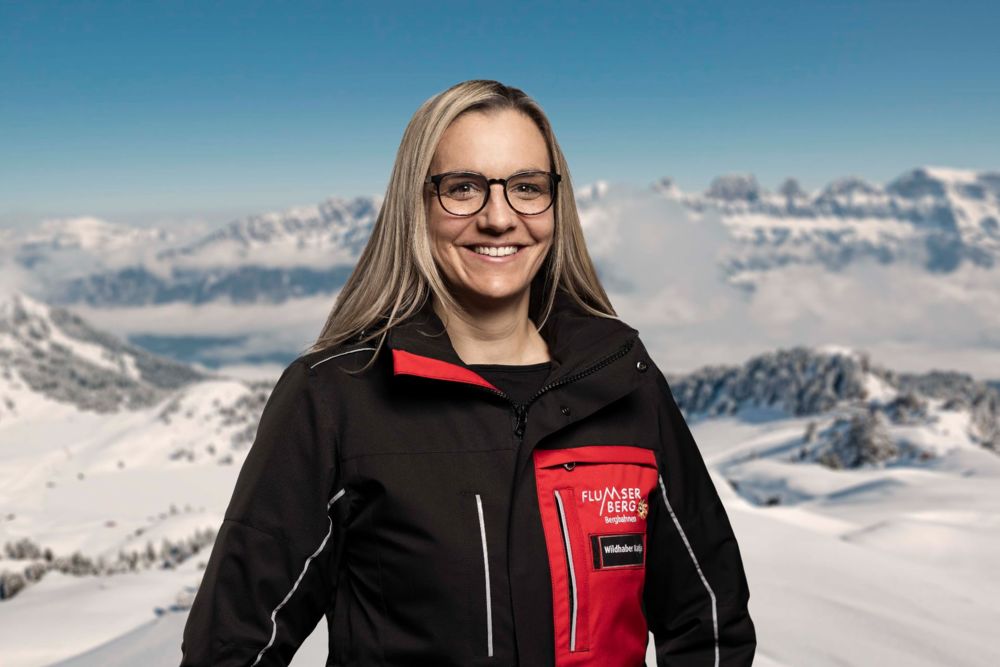
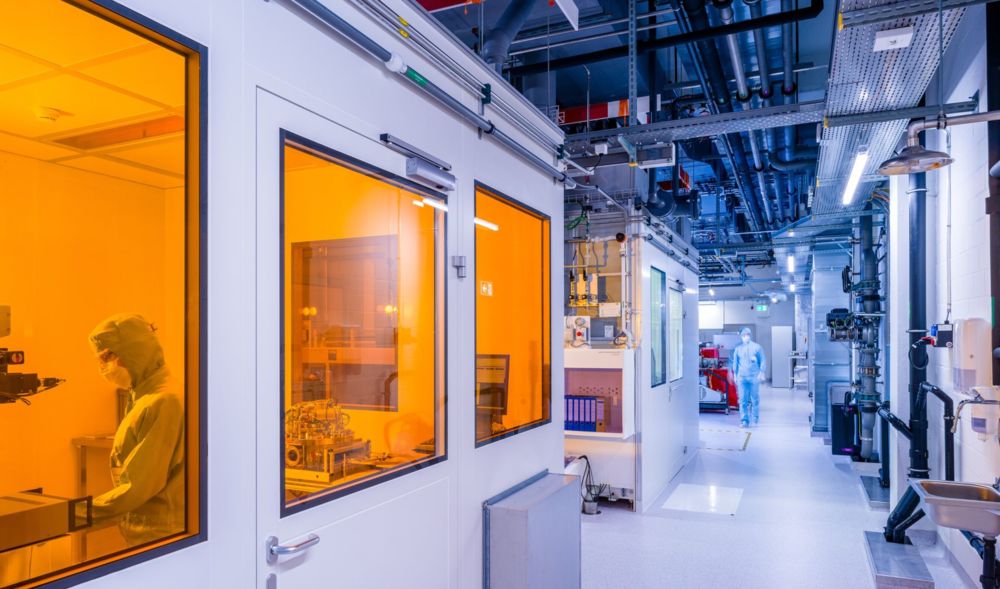
Renewable energy - teenagers generate electricity for their mobile phones themselves
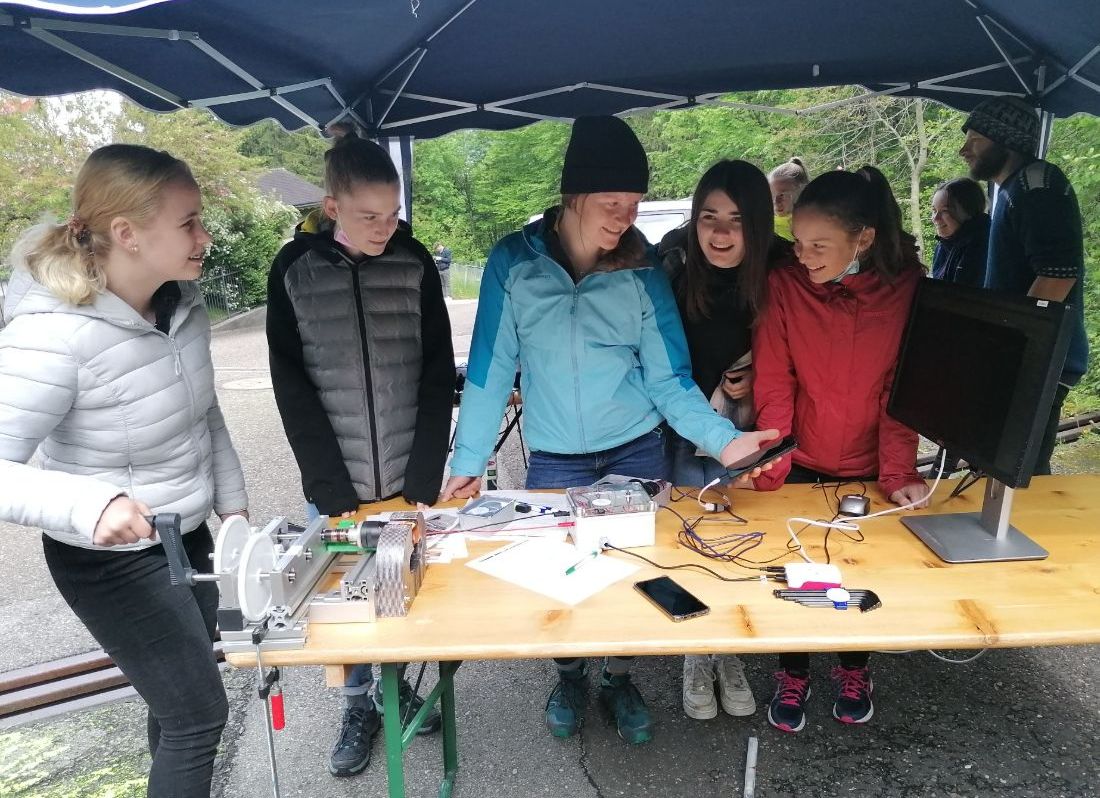
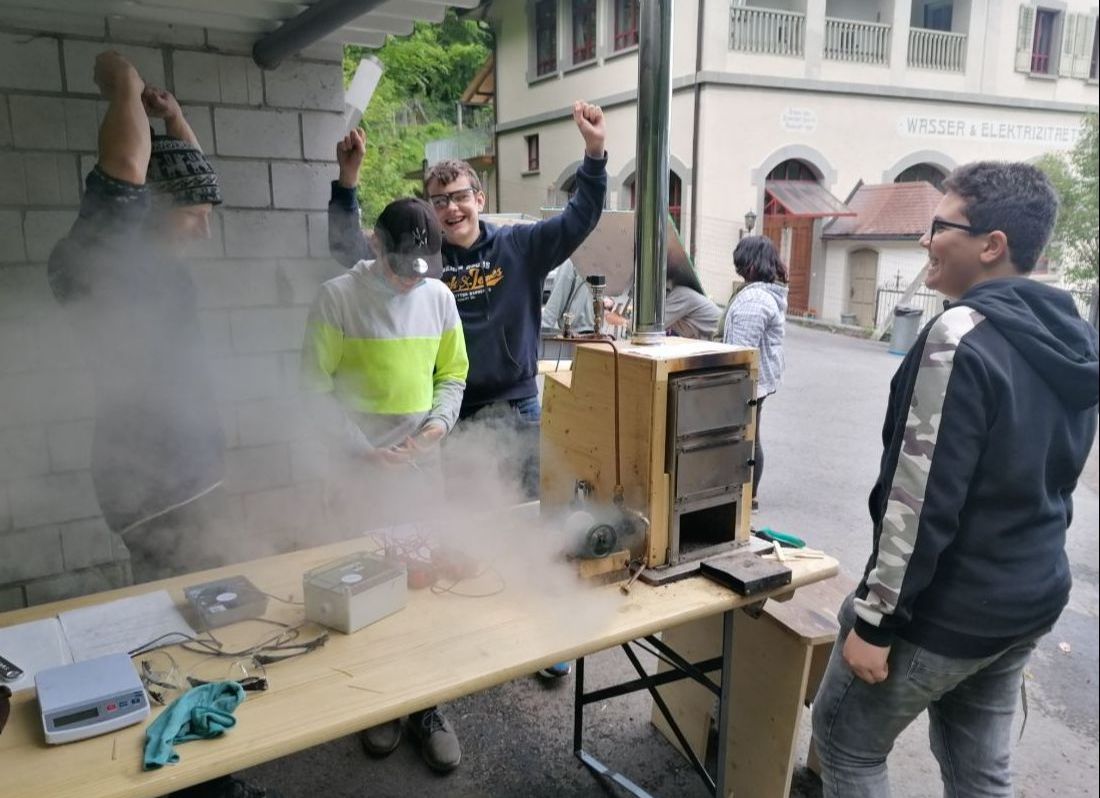
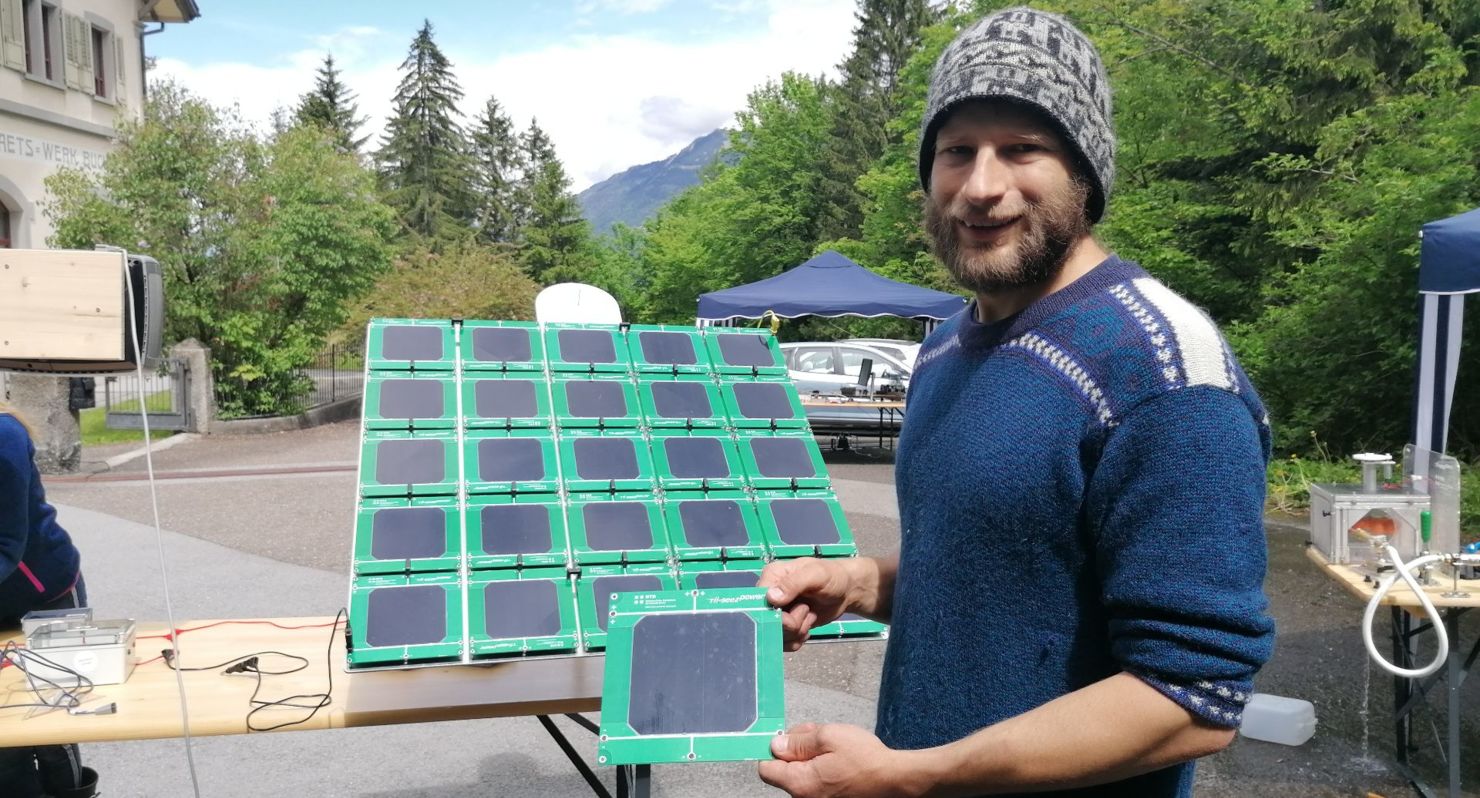
Renewable energy - teenagers generate electricity for their mobile phones themselves
Anastasia operates the hand wheel with full force to charge the battery of her smartphone. The crank makes a coil turn in the magnetic field and thus generates electric current. Anastasia and her colleagues are secondary school students from Quarten. As part of an energy project week, they are attending the "Charge your mobile phone renewable" experience workshop at the Tobeläckerli power factory in Buchs. Project leader Daniel Oppliger explains: "At this post, the students generate electricity with their muscle power to understand how an electric motor works". Anastasia, visibly out of breath, says: "I wouldn't have thought that it takes so much electricity to charge my mobile phone." Her colleague, who monitors the power display on the computer, laughs: "Now we know why it's so important to always carry a power bank with you!".
Charging mobile phones with renewable energies
The experiential workshop lasts three to four hours and takes place outdoors at an electricity plant. "Electricity cannot be produced in the classroom," Daniel Oppliger smiles. At a total of four stations, the students try to charge their mobile phone batteries either with muscle, steam, water or solar power. Daniel Oppliger and his team developed and manufactured the set-ups themselves. The project leader explains: "Conventional model constructions for school lessons would not have generated enough electricity to be able to charge a mobile phone."
The test stations were developed in close exchange with the Sargans Upper School. Marie-Louise Frühauf, a teacher for mathematics and natural sciences, prepared the entire workshop pedagogically and created suitable teaching material. She explains: "The students are picked up at their learning level, and the level of difficulty of the workshop can be adapted for secondary, junior high and small classes."
Generating enthusiasm for renewable energy and STEM subjects
The experience workshop pursues various goals. Daniel Oppliger, as a representative of the advisory board of Rii-Seez-Power's natural power fund, wants first and foremost to raise awareness of the upcoming energy transition and to impart a basic knowledge of renewable energies. "The pupils should get a sense of what it means that oil is gradually being replaced by renewable energies."
Marie-Louise Frühauf, representing the teachers, wants to use the experiential workshop primarily to promote interest in so-called STEM subjects, meaning interest in mathematics, computer science, natural sciences and technology. "Personally, it is always a concern of mine to get girls excited about these still male-dominated fields," Marie-Louis Frühauf tells us.
Teenagers amazed by the result
In the meantime, heavy smoke rises at the second station. The three students next to the oven are cheering. They have managed to generate enough steam and pressure, respectively, to charge their mobile phones. Joel, who fired up the oven, is thrilled: "I wouldn't have thought that would work. The water got very hot very quickly!" Next door, her colleagues are trying to charge their mobile phone battery with water power. Jana reports with astonishment: "We charged the mobile phone battery 10 percent in 8 minutes."
At the last stop is a small photovoltaic system, like the ones you see on the roofs of houses. With the help of an expert, three schoolgirls are trying to connect the individual solar cells together to produce electricity. "Fortunately, we don't always have to charge our mobile phones like this," laughs Kiana, "but the workshop is really exciting. It's a nice change to do experiments like this outside the classroom."
Sarganserland-Werdenberg region promotes interest in technology
The experiential workshop "Charge your mobile phone renewable" was developed by Rii-Seez-Power, an interest group of regional energy supply companies, in cooperation with the Sargans secondary school and the Eastern Switzerland University of Applied Sciences OST. It is the follow-up project to the long-standing energy competition. The Sarganserland-Werdenberg region supported the development of the new experience workshop. Today, the project is supported by Rii-Seez-Power and the Sargans Regional Didactic Centre. The offer is open to all upper school classes in Sarganserland and Werdenberg. The next experience workshop will take place from 13 to 24 September at the Vilters-Wangs electricity station. Interested parties are welcome to contact the project leader Daniel Oppliger via e-mail at mail(at)opdaniel.ch. You can find detailed information on the "Charge your mobile phone renewably" experience workshop here.
The Sarganserland-Werdenberg region has also organised and coordinated the FITNA Technology Days since 2012. Every spring, over 200 young people from the Sarganserland and Werdenberg regions and the Principality of Liechtenstein are given the opportunity to attend exciting workshops at around 30 regional companies. The goals: To promote the interest of pupils from the 6th grade onwards in the technical and scientific environment, to counteract the shortage of skilled workers and to support young people in finding a career. You can find more information about FITNA here.


